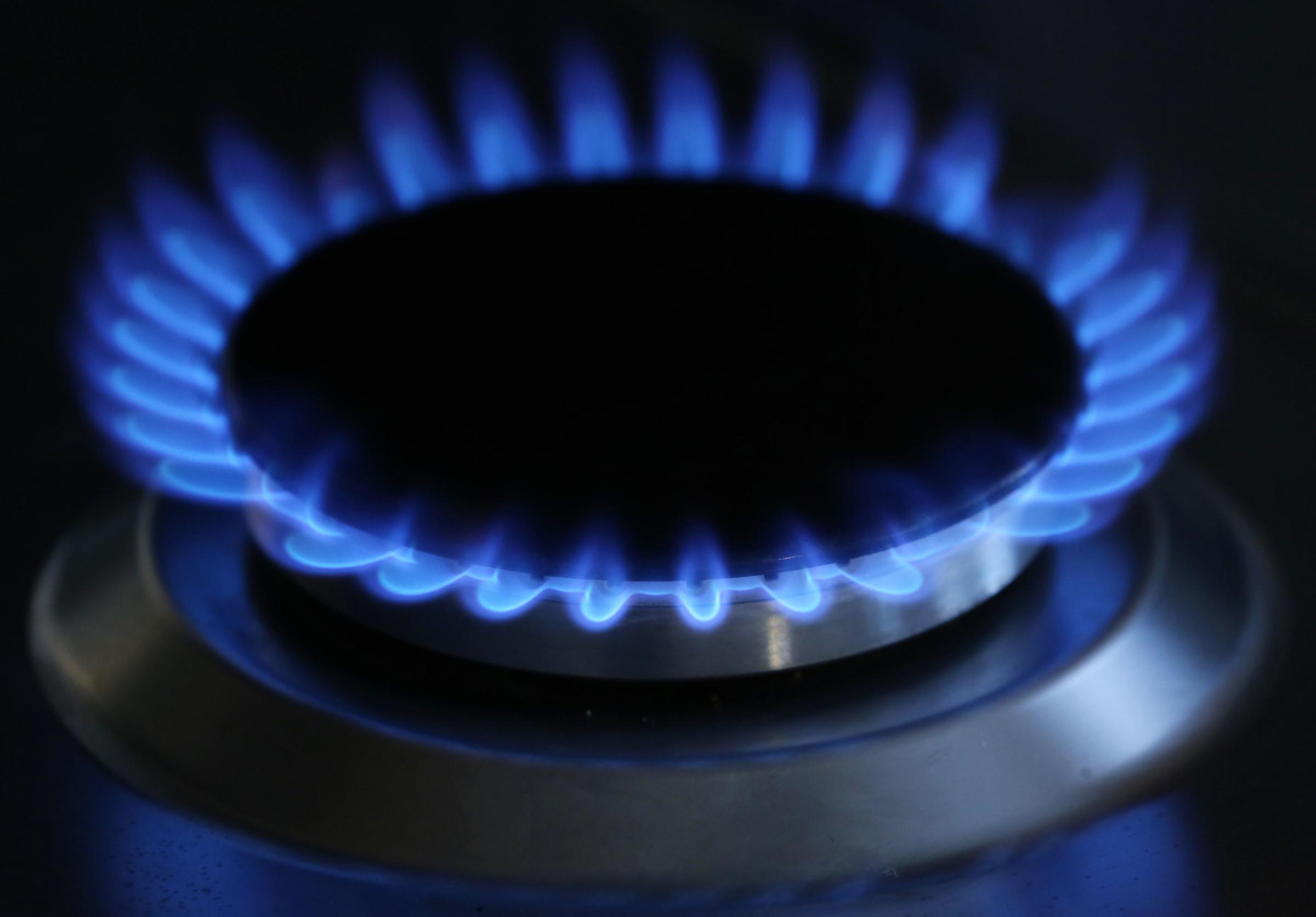
ALMOST three-quarters of households in Scotland could end up suffering from fuel poverty owing to the energy price cap increase, an advisory group boss has warned.
The charity Energy Action Scotland works to tackle fuel poverty, providing advice to Scots on what they can do in the face of soaring bills.
With the price cap set to increase by over 80% to £3549 from October, the charity’s chief executive Frazer Scott warned the rise is “simply going to damage the health and wellbeing of the population”.
In 2019, it was estimated that one in four households (24.6%) were struggling with fuel poverty – with this defined as being households having to spend more than 10% of their income on energy, once housing costs have been deducted.
Nicola Sturgeon has already said the increase is “simply unaffordable” and previously warned that many families will face “destitution and devastation” if the price cap increases.
Scott said people were getting “increasingly desperate”, adding: “It’s getting to the point where nearly 75% of the population could fall into our definition, and that is just unthinkable.”
The pressure of rising bills will also have a major impact on mental health for many, Scott said.
He told Good Morning Scotland: “For many, many households this is so serious that mental health is suffering, people are doing increasingly desperate things just to get by.
“And this is before we get to the winter months.”
He told how organisations providing support were “dealing with desperate people every single day”, with rising prices making it “more and more challenging” for organisations such as Energy Action Scotland to help.
The charity said energy was “quickly becoming a luxury good”, tweeting: Only the wealth can afford it and are perversely better placed to achieve more efficient homes protecting themselves from higher prices.
“A system stacked against vulnerable, low-income households. Not right, not fair.”
The price cap could potentially rise again in January, with forecasts suggesting bills for the average household could jump to £5632 at that point.
In the worst warning yet, energy consultancy Auxilione forecast an average yearly bill of £7700 from April 2023.
SNP Westminster leader Ian Blackford repeated his party’s calls for the UK Government to “step in” and protect people from the cost-of-living “catastrophe”.
Speaking to BBC Breakfast, Blackford said: “There are forecasts that the energy price cap could increase even more than £6,000 by next spring. This is a catastrophe.
“These are costs that people simply can’t afford, and as a consequence of that, Government has a responsibility to step in.”
He also warned there is a “real threat” that many businesses will “go to the wall” during the winter period.
“This is an emergency as big as the Covid crisis and in such a scenario, the Government has a responsibility to act,” the SNP MP said.
His call was echoed by Colin Borland of the Federation of Small Businesses, who said: “Action needs to be taken now before it is too late.”
The price cap rise will have “far reaching impacts right across the economy”, he added, saying the extra costs would see consumers spending less in other areas.
“Every extra pound that has to go to your energy supplier is a pound that’s not spent on the high street on essentials for you and your and family,” he told BBC Radio Scotland.
“That’s going to drive down turnover at a time when business overheads continue to rise relentlessly, it’s going to be squeezing margins and pushing more firms closer to the edge.”
With businesses not covered by the price cap, Borland spoke about the increased costs commercial properties are facing, saying: “The ones who are looking at 100% or 200% increase in their energy bills are the lucky ones, as grotesque as that sounds.
“The smallest businesses [...] are facing all of the crisis without even the minimal protection offered by an energy price cap or something similar."







